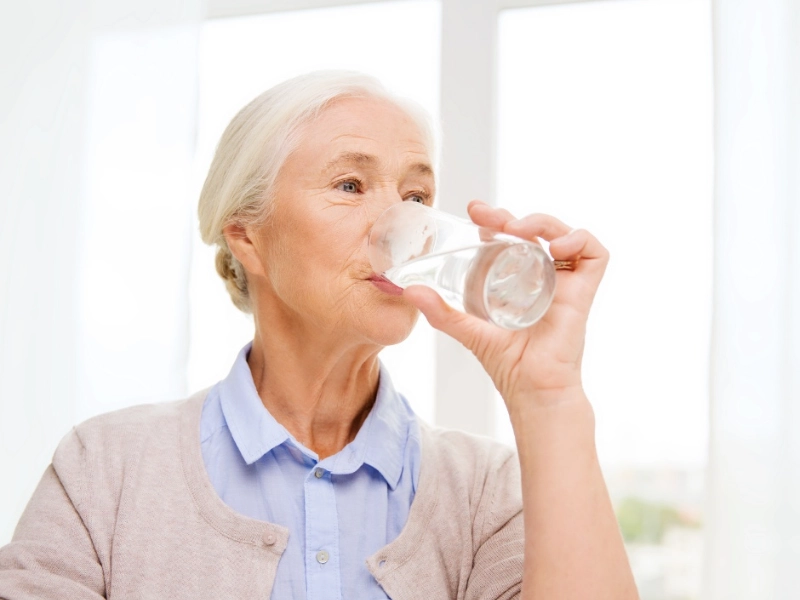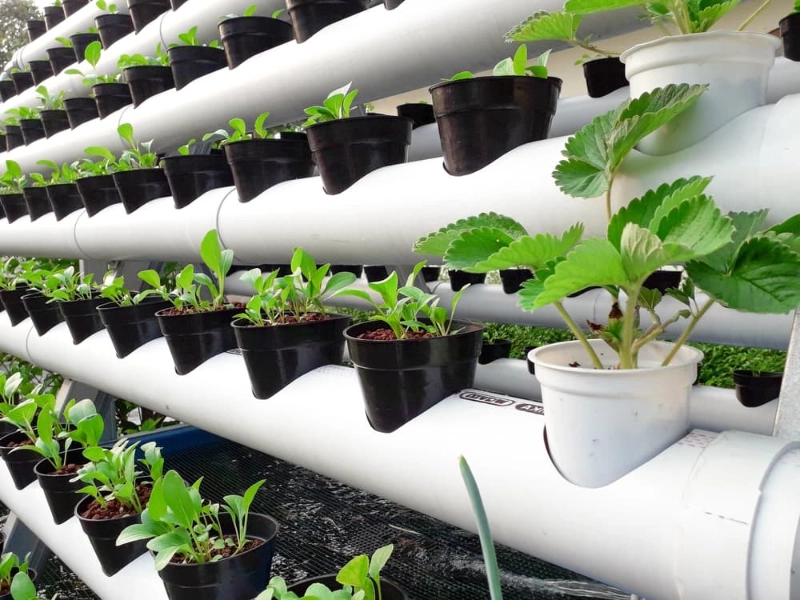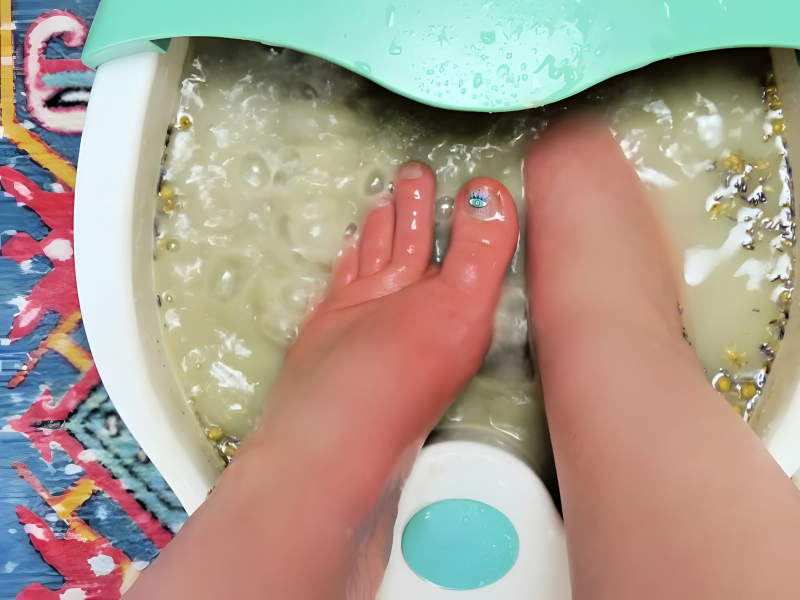6. Conclusion: Embracing a Hydration-Conscious Lifestyle

As we have discussed throughout this article, the road to optimal hydration is a personal one, impacted by a wide range of elements including your physical activity, surroundings, diet, and general health. Proper hydration is far more complex and individualised than just following a one-size-fits-all rule like "eight glasses a day. Understanding these elements and identifying the signals your body presents can help you to adjust your fluid intake to fit your particular need.One cannot stress the need of keeping oneself adequately hydrated. Nearly every biological process depends on water, from controlling body temperature and facilitating digestion to cushioning joints and providing nutrients to cells. Good hydration can increase cognitive ability, athletic performance, happiness, and even help to improve skin condition. Conversely, persistent dehydration can cause a variety of health concerns including renal disease, higher risk of urinary tract infections, and poor cognitive performance.Remember that hydration is more than just drinking straight water. Although water should be your main fluid source, other beverages and meals high in water can help you consume fluids overall. The secret is to make deliberate decisions that support your hydration objectives while also thinking through other facets of your health, such sugar and calorie consumption.Changing to a hydration-conscious living takes time. It calls both awareness and the development of fresh behaviours. Start by utilising some of the ideas in this article—such as carrying a reusable water container, creating reminders, or adding natural flavours to your water. As you up your fluid intake, pay attention to how your body feels. Your cognitive ability, energy level, or even your skin's attractiveness could all improve.Recall that your daily or seasonal demands for hydration could vary. Keep tuned to the signals your body sends and ready to modify your fluid intake. You probably will need to drink more on warmer days or when you are more active. Increasing your fluid intake becomes extremely important during illness, particularly if you have a fever or are having vomiting or diarrhoea.Although this page offers a thorough summary of hydration, it's always advisable to see medical professionals, particularly if your health issues or conditions could compromise your fluid intake. They can offer specific guidance and assist you to create a hydration schedule fit for your particular situation.To sum up, appropriate hydration is a basic component of good health that calls for our attention and work. Understanding the science behind hydration, knowing your body's needs, and using sensible plans will help you to make sure your body has the fluids it requires to operate as it should. Adopt a hydration-conscious way of living and let it to form the pillar of your whole wellness and health strategy. Recall that every sip adds to a better, more vivid you. Thus, to your health, raise a glass—of water, naturally—then sip on it.
Advertisement
Recommended Reading: 20 Dogs Who Think They're Masters of Hide and Seek
You are viewing page 6 of this article. Please continue to page 7


























Comments
Leave a Comment
Your email address will not be published. Required fields are marked *